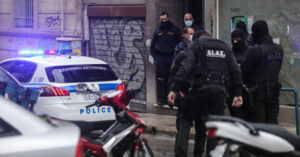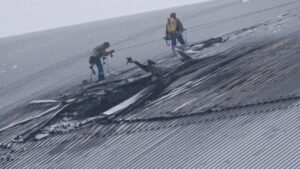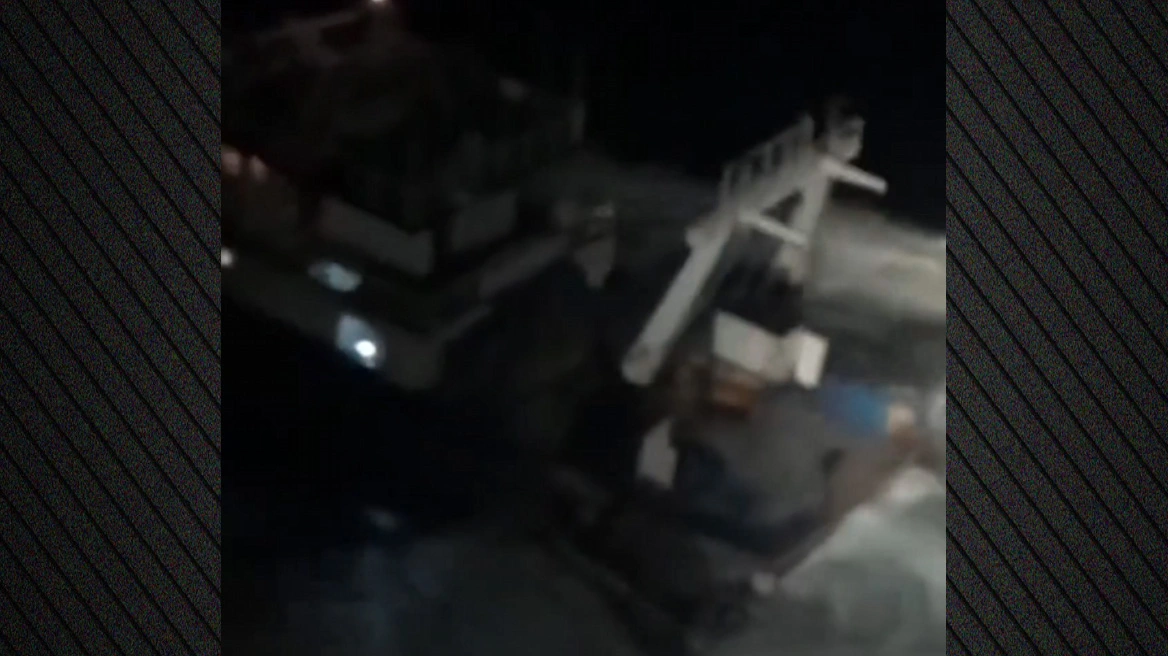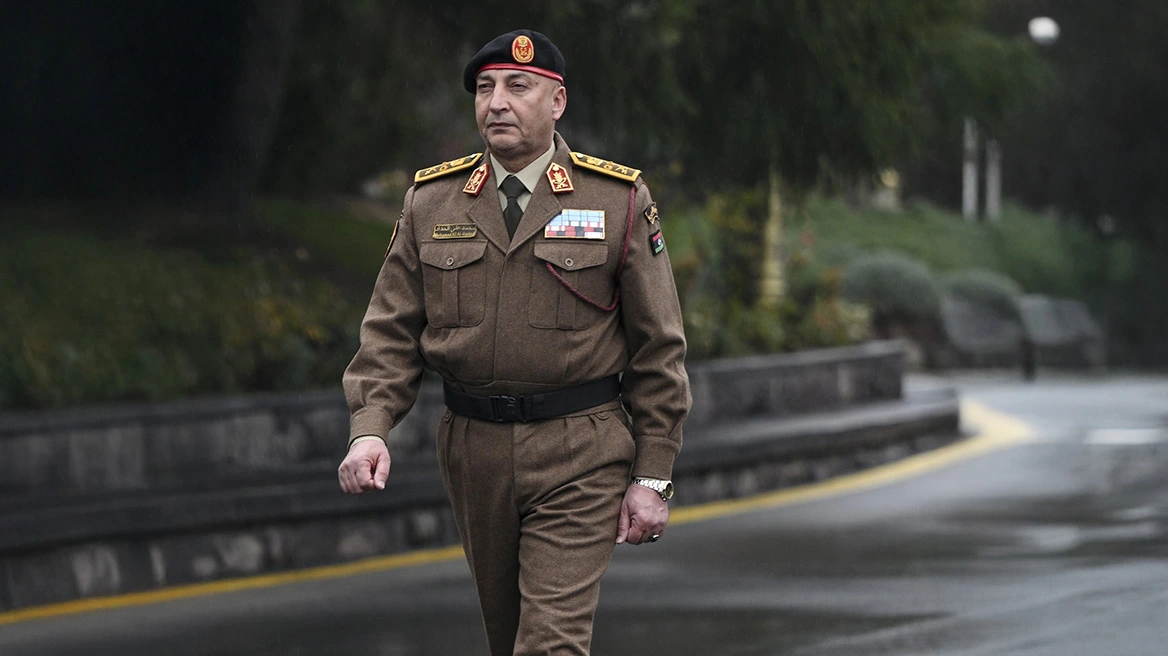Millions of euros from robberies and thefts are being laundered by Roma criminal organizations, investing in a well-known coffee chain by opening stores through the franchise method, as well as in luxurious renovations of their properties, which they acquire with stolen money.
Dozens of cases are occupying the Anti-Money Laundering Authority and the newly established “Greek FBI.” One such criminal organization, which was dismantled, amassed loot worth 1.5 million euros, received welfare benefits, and hid bundles of 500-euro bills in… socks.
The rise in illegal financial activities and the infiltration of criminal groups into money laundering now pose a significant challenge for Greek authorities, particularly the “Greek FBI,” as the newly established Organized Crime Directorate is often called. In a society where organized crime is evolving with increasingly complex methods, economic crime related to Roma criminality sheds light on a new threat: the conversion of illicit proceeds into “legitimate” investments, which integrate into daily life and the domestic economy.
Through investments in businesses and real estate, the perpetrators manage to “legitimize” their illegal gains, creating challenges that go beyond the narrow confines of police action. New countermeasures require not only police action but also a combination of legal, economic, and social tools, as the only approach likely to succeed in curbing the phenomenon.
The Organized Crime Directorate has intensified its investigations into Roma criminal organizations engaged in thefts and burglaries targeting homes and businesses, now focusing on the possibility of money laundering. This unit employs specialized analysts to investigate the financial dimension of these cases, as it becomes evident that profits from such illegal activities are directed toward various forms of “investments.”
Among the most recent “investment” trends of these gangs is opening stores under the brand of a well-known coffee chain, as their acquisition costs are considered relatively affordable. Authorities are scrutinizing every transaction and thoroughly investigating the process of acquiring franchises of this particular business, aiming to determine whether these outlets serve as “vehicles” for laundering illegal profits, which seems highly likely.
However, the phenomenon is not limited to the purchase of coffee shop franchises. Another significant portion of illegal proceeds appears to be directed toward the purchase of real estate and their renovation with luxury materials, often unjustifiable based on the buyers’ declared incomes. The areas of Zephyri and Liosia have become “hotspots” for these activities, with numerous properties being transformed into luxury residences.
A striking case of money laundering recently came to light with the dismantling of a Roma criminal organization, which funneled its illegal profits into real estate investments and luxury home renovations.
The gang, with profits exceeding 1.5 million euros, focused on purchasing properties in Western Attica, renovating them with expensive materials and luxurious additions, giving the impression of an exceptionally successful and legitimate investment profile. These residences, apart from serving as living spaces, acted as “fronts,” functioning as means to legitimize their income and concealing their illegal activities behind a façade of legality.
The 500-euro bills
During investigations, law enforcement authorities discovered bundles of 500-euro notes hidden in socks by the gang members to evade detection. Notably, during a police raid on one member’s home, to hide the money amassed from thefts and robberies, the individual threw it out the window inside a pair of black socks. The astonished officers who retrieved it found a large bundle of 500-euro bills inside. This discovery confirmed the gang members’ need to retain cash from their crimes, creating a “treasure” of easily hidden or transported funds whenever necessary.
It should be noted that the gang operated in a particularly methodical manner. The perpetrators had formed a well-organized team in which each member had a specific role. They typically acted in groups of three or more individuals, employing various tactics to infiltrate homes, mainly targeting elderly individuals. Posing as technicians, utility workers, or elevator maintenance personnel, the perpetrators approached their victims, who allowed them entry after being convinced of the supposed “issue” that needed inspection in their homes. The gang members wore gloves and masks to avoid identification while engaging the homeowners in the kitchen, leaving their accomplices free to “sweep” the rest of the house for money, jewelry, and other valuables.
The police operation that dismantled the organization was conducted in both Attica and Heraklion, Crete, with the participation of specialized operational units. Ten gang members were arrested, while three others were identified as members, and charges were filed against them for criminal organization, thefts, robberies, fraud, money laundering, and violations of weapons and narcotics laws.
The 32-year-old leader and 34-year-old deputy leader of the group played central roles in its operations. The leader was responsible for selecting targets, coordinating operations, and providing access to the sites, even resorting to violence when necessary. The deputy leader acted as a lookout, staying outside the residences and monitoring the movements of neighbors. He communicated with other members via phone, keeping them informed of any developments, and drove the “operational” vehicle, facilitating quick getaways after the robberies. Police investigations also revealed that the gang members often traveled from Attica to provincial areas, either to evade police operations or to expand their activities to new regions. Additionally, it was found that the gang members had friendly or familial ties, contributing to the team’s dedication and cohesion, making them difficult to detect.
Welfare benefits
The comprehensive investigation of the case also revealed a significant financial aspect, leading authorities to conclude that the group’s profits were not only directed toward luxury renovations but also used to acquire and maintain assets such as luxury vehicles. The gang took care to present a “low-income” profile, utilizing welfare benefits and owing large sums to the tax office, thereby reinforcing the appearance of an ostensibly innocent financial status, while their real income derived from extensive illegal activities.
The activities of this organization highlight how criminal groups invest their illegal earnings in real estate and businesses, converting illicit wealth into legitimate assets through seemingly innocent investments. The Organized Crime Directorate and the Anti-Money Laundering Authority continue to analyze the financial trails of these illegal proceeds, focusing on the connections and collaborations among members of these criminal organizations.
The use of advanced analytical techniques and collaboration with other agencies is a key component of their strategy, aiming for the full disclosure and dismantling of illegal networks. Authorities hope to curb theft, recognizing, however, that the threat of imprisonment does not deter Roma perpetrators, who, when arrested, exploit legal “loopholes” and soon return to society and illegality, completely free to continue their activities. Nevertheless, officials note that what truly intimidates them is the loss of their assets, whether homes, vehicles, or money. This is why law enforcement now focuses on asset forfeiture as the most effective means of deterring criminality.
Ask me anything
Explore related questions





